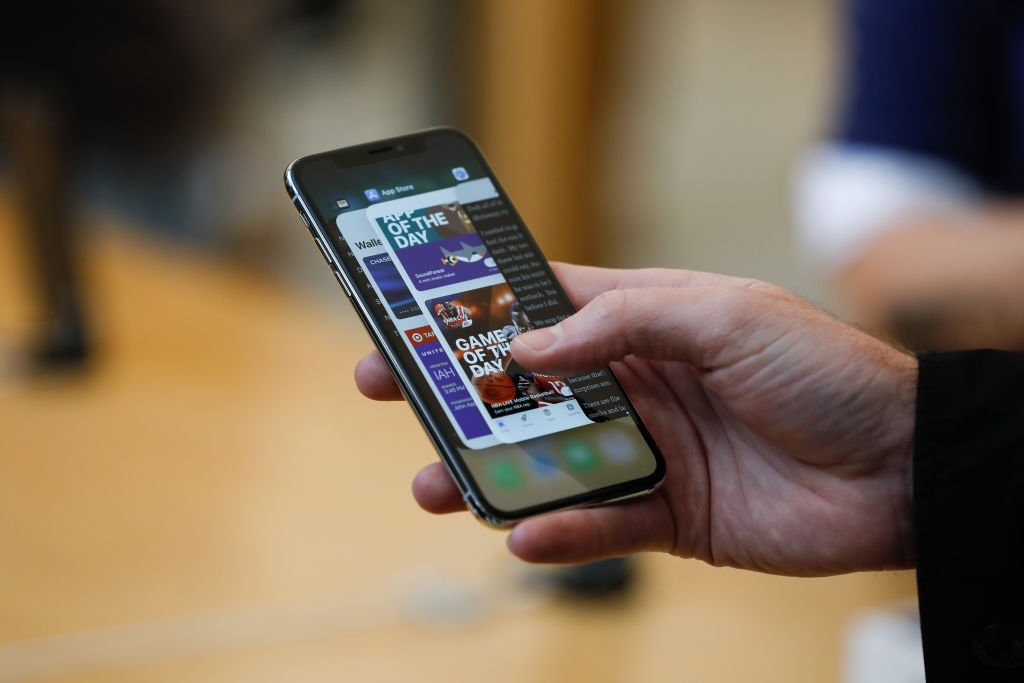Supreme Court says iPhone users can pursue antitrust case against Apple and its App Store


A free daily email with the biggest news stories of the day – and the best features from TheWeek.com
You are now subscribed
Your newsletter sign-up was successful
The Supreme Court ruled 5-4 on Monday that a small group of iPhone users have the right to pursue a major antitrust lawsuit against Apple over its App Store. Justice Brett Kavanaugh, who wrote the majority decision, was joined by the court's four more liberal justices. President Trump's other Supreme Court appointee, Justice Neil Gorsuch, wrote the dissent, joined by Chief Justice John Roberts and fellow conservatives Samuel Alito and Clarence Thomas. The decision could open Apple up to enormous future damages.
The iPhone users contend that Apple is using its role as sole marketplace for iPhone apps to charge higher prices than those apps would get in a free market, on the theory that the 30 percent commission Apple charges developers gets passed along to consumers, NPR explains. Kavanaugh stressed that the court was not taking any position on the merits of the lawsuit, but wrote that "ever since Congress overwhelmingly passed and President Benjamin Harrison signed the Sherman Act in 1890, 'protecting consumers from monopoly prices' has been 'the central concern of antitrust.'"
In his dissent, Gorsuch said iPhone customers have no standing to bring an antitrust suit because the "pass on" theory fails to make them direct consumers. The only parties who could sue Apple on antitrust grounds, he said, are the app developers.
The Week
Escape your echo chamber. Get the facts behind the news, plus analysis from multiple perspectives.

Sign up for The Week's Free Newsletters
From our morning news briefing to a weekly Good News Newsletter, get the best of The Week delivered directly to your inbox.
From our morning news briefing to a weekly Good News Newsletter, get the best of The Week delivered directly to your inbox.
"The truth is, the app developers are too scared to sue Apple, because Apple can just cut them off," Josh Davis, a law professor at the University of San Francisco, tells The Associated Press. "So the real bottom line here is: Someone gets to sue, someone gets to find out: Did Apple violate the antitrust laws, and through that violation, charge purchasers of apps more than they could have in a competitive market?" Watch his brief summary of the case below. Peter Weber

A free daily email with the biggest news stories of the day – and the best features from TheWeek.com
Peter has worked as a news and culture writer and editor at The Week since the site's launch in 2008. He covers politics, world affairs, religion and cultural currents. His journalism career began as a copy editor at a financial newswire and has included editorial positions at The New York Times Magazine, Facts on File, and Oregon State University.
